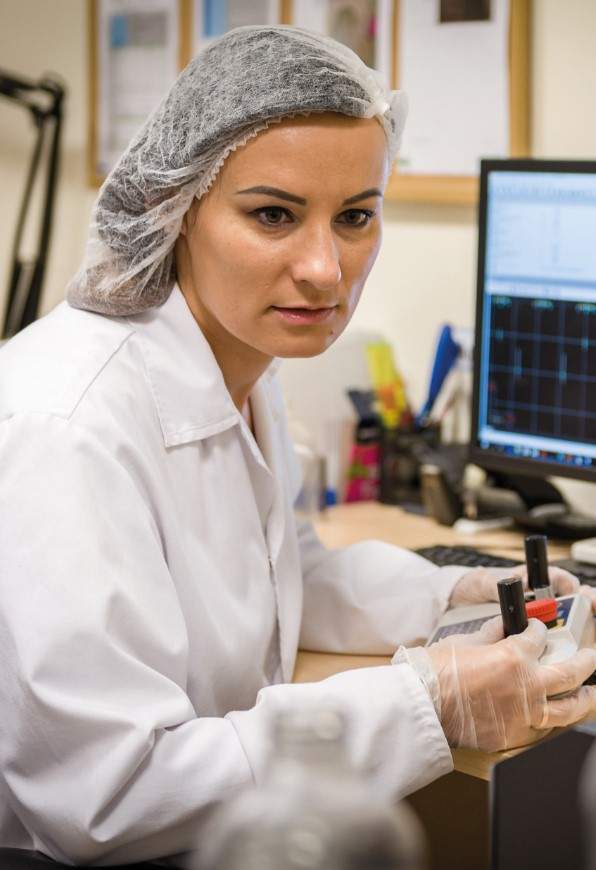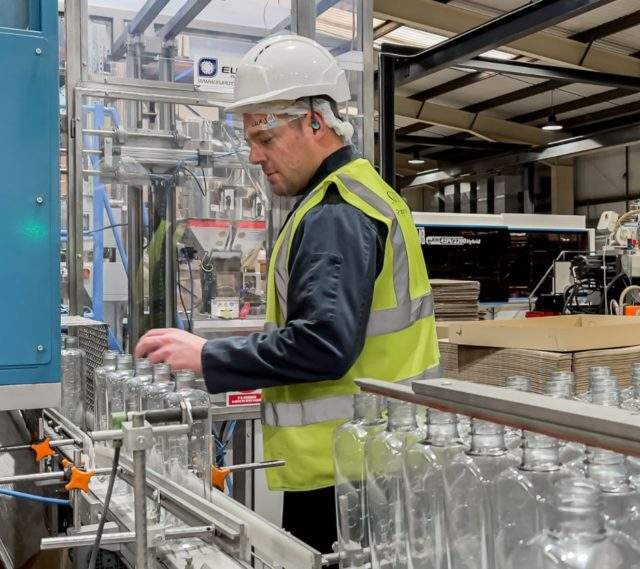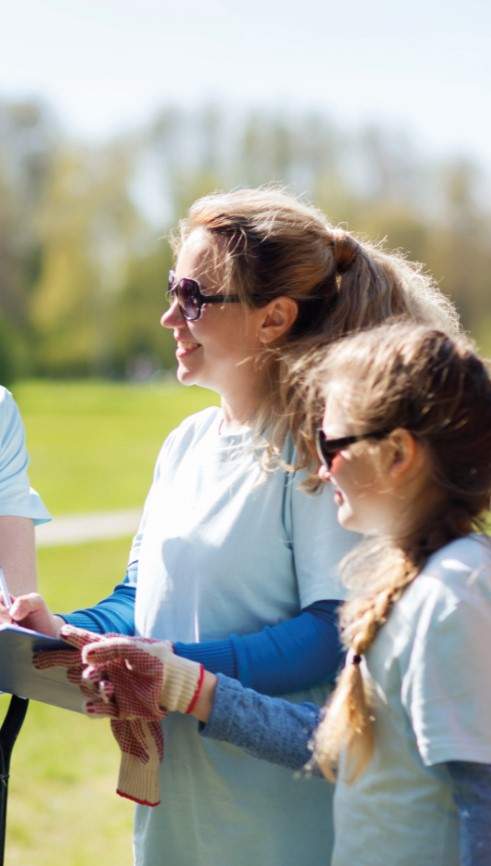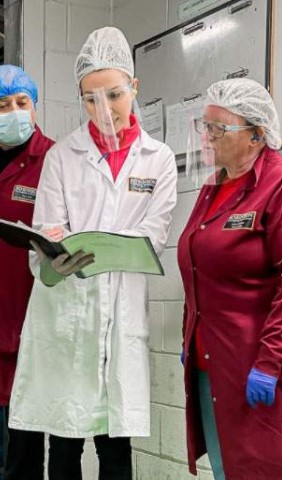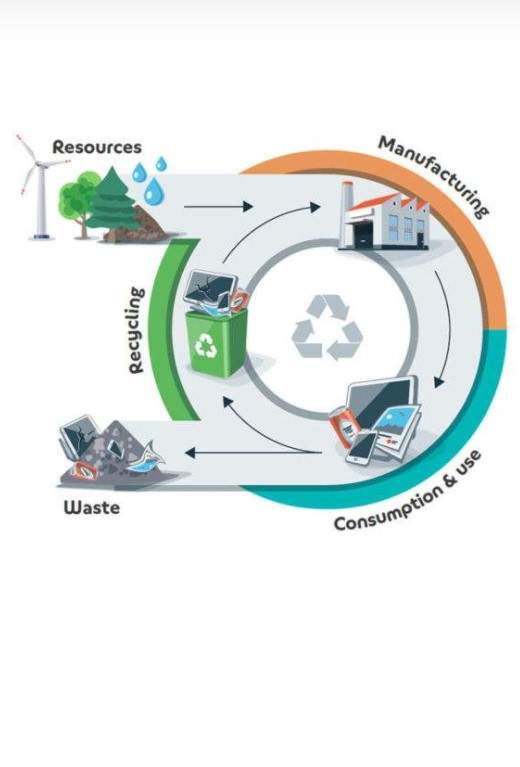
Transformation
Regenerating business models for a circular economy
We strengthen the shared future of our business and our people by investing in self-innovation, continually reinventing ourselves to meet market needs. We want to keep resources in use for as long as possible, wasting nothing. We are developing our role in our circular economy and will collaborate to create new local circular economies that work at a micro-scale, yet leverage the collaborative scale of all participants.
We’re also deeply embedding ourselves within the recycling chain, from consumer recycling at home, to working with our customers, government, local authorities, waste management and recyclers to bring back plastic waste as a valuable raw material used in the manufacture of more protective packaging.
Goal: Build sustainable business environments
We will build a better business
We will go above and beyond our current business model and operations to broaden our sustainable commercial activities and drive a positive impact on our local communities. Our aim is to unite internal and external thinkers with diverse experience and backgrounds and harness their combined expertise and creativity to investigate the creation of a self-sufficient closed-loop business park.
Goal: Greener spaces and habitats
We will create a greener community
Robinson has several spaces and land that are currently not used to their full potential. We will develop the land we own into healthy places and habitats, with social, environmental and community benefits.
Goal: Offer reusable products
We will lead the way in sustainability
We want our customers to use fully recyclable products whenever possible. We can play our part by exploring innovation opportunities. For example, developing reusable alternative packaging to traditional options.
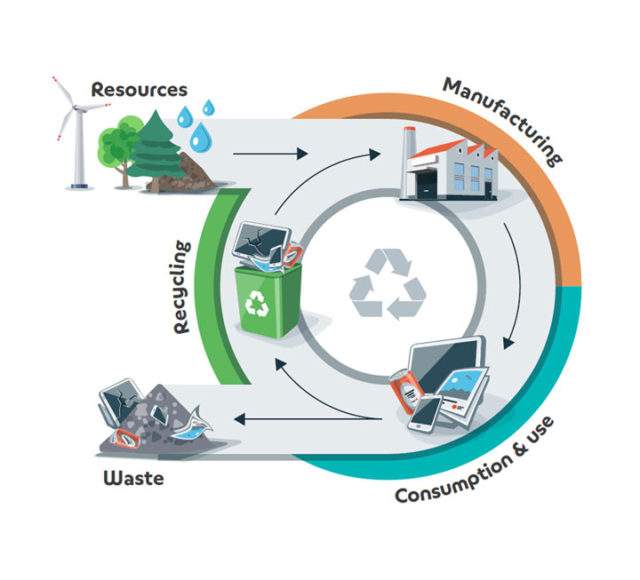
Transforming our business
Over the last 180 years, Robinson has sought to give back to our people and the environment in which we operate, while being a successful business. Our history is one of innovation: Robinson sold the first disposable nappy, and product design and manufacturing made significant contributions to efforts during the Crimean War and World Wars I and II.
This heritage guides our future. We apply this same spirit of innovation to every aspect of our business: from our workforce to how we use our products, from our reliance on resources to our role in the communities where we operate.
We are developing our role in our circular economy. Our imagined future is one in which Robinson is creating controlled closed loops and local circular economies for plastics, as well as for other resources and impacts, such as energy and carbon.
We can achieve this by employing local people and supporting the social and environmental needs of the communities we serve.
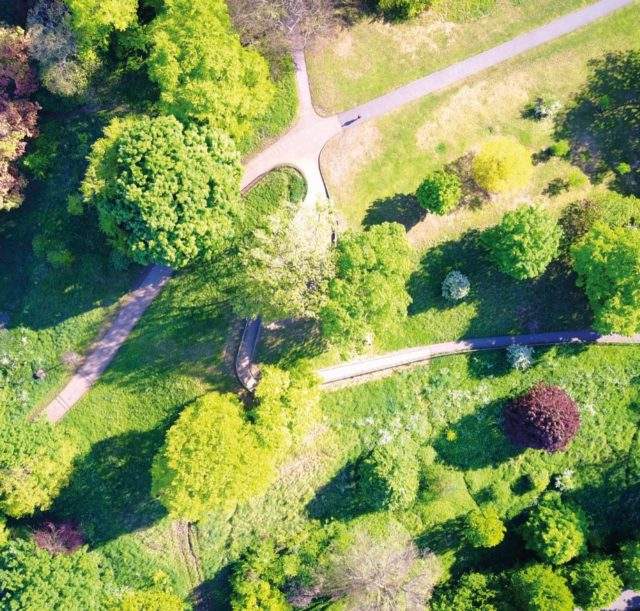
Future opportunities
As we look to the future, we can also see new opportunities emerging for Robinson and our legacy products. We will strive to dramatically improve our core capabilities so that we are an exemplar of low waste production. We will have zero waste to landfill and net positive carbon emission manufacturing capabilities and all of our materials could be integrated into a zero-waste circular economy.
Our vision is an open system model, where we work to resolve the shared challenge of reducing packaging waste to zero and generating greater wealth for all. We also want our consumers within local economies to be active participants, extracting product benefits and returning future raw materials. Together, we are working towards an effective circular economy.
